
Committees and Panels
Council of Trustees
The strategy of the Biochemical Society is set and driven by its Council of Trustees, which is elected by members and has the ultimate responsibility for all aspects of the Society’s activities.
Council of Trustees
Committees and Panels
9 members

Professor Dame Julia Goodfellow
Professor Dame Julia Goodfellow

Dame Julia is currently President of the Biochemical Society. She was Vice-Chancellor and President of the University of Kent from 2007 until 2017, the first female President of Universities UK and a member of the Prime Minister’s Council for Science and Technology. She is a fellow of the Academy of Medical Sciences, Royal Society of Biology and the Institute of Physics and is an honorary member of the Biochemical Society. Julia’s scientific studies pioneered the use of computational methods to study the structures of large biologically important molecules. She became Professor of Biomolecular Sciences in 1995 at Birkbeck, University of London, where she was appointed Vice-Master from 1998 –2002. Before joining the University of Kent, Julia was Chief Executive of the Biotechnology and Biological Sciences Research Council (BBSRC).

Professor Richard Reece
Professor Richard Reece

Professor Richard Reece is the Deputy Vice Chancellor of Education and Student Experience and Professor of Molecular Biology at the University of Kent. He read biochemistry at The University of Leeds and did his PhD work, studying the mechanism of action of a class of bacterial enzymes called DNA topoisomerases, at the University of Leicester. Upon completion of his PhD, he spent five years undertaking post-doctoral work at Harvard University, before returning to the UK as a lecturer, senior lecturer and then professor at The University of Manchester. He moved to the University of Kent in 2020 to take up the role of Deputy Vice Chancellor.
Richard oversees the Education and Student Experience Strategy at Kent, which underpins one of the three key strategic objectives in the University Plan and looks after two large directorates - Education and Student Services. He joined the University Council as a member in August 2020 and serves as the Chair of the Board of KMTV. He chairs the University’s Sustainability Steering Group who are responsible for implementation of sustainability across the university.
Richard’s research interests focus on the molecular mechanisms by which cells are able to alter their patterns of gene expression in response to metabolic changes in the environment. This work has involved a mixture of molecular biology, biochemistry, genetics and structural biology. He is deeply committed to raising the standards of teaching quality across higher education - both in the UK and across the world - and to promoting the public understanding of science.

Professor Sonia Rocha
Professor Sonia Rocha

Sonia Rocha is originally from the north of Portugal, where she obtained her undergraduate degree in Biology from Porto University, Portugal. After a year out doing a collaborative research project between Porto University and Uppsala University in Sweden, she started her PhD at the ETH-Zurich, Switzerland, working in mechanisms of ionizing radiation induced apoptosis. After completion, she then moved to the University of Dundee in Scotland to conduct postdoctoral research at the Department of Biochemistry, working on the crosstalk of tumour suppressors with NF-kappaB transcription factor family.
In November 2005, Sonia was appointed as Tenure Track Principal Investigator in the College of Life Sciences, University of Dundee, on a RCUK fellowship, starting her work on the field of hypoxia research. In 2010, was awarded Tenure and in 2011 she received a Cancer Research-UK Senior Research Fellowship. In 2012, she became deputy director of the Centre for Gene Regulation and Expression. In 2013, she was elected a Fellow of the Royal Society of Biology and in 2014 was promoted to Reader and 2016 to full Professor.
In 2017, she moved to the University of Liverpool, as Head of the department of Biochemistry. In May 2020, she became Executive Dean for the Institute of Systems, Molecular and Integrative Biology at the University of Liverpool, until December 2024. She was part of the UoA5 Biological Sciences REF2021 panel, and now REF2029 UoA5 panel. In 2024 she received the Biochemical Society Sir Philip Randle Lecture prize 2025. She is actively involved in teaching undergraduate and post-graduate students, as well in public engagement events. She serves on the scientific committees of several funding bodies (UKRI and Welcome, Finland, Poland, Ireland, Norway, Belgium) and also acts as an academic advisor or editor for several journals. From January 2026, she is the honorary treasurer for the Biochemical Society.

Professor Nicholas Morton
Professor Nicholas Morton
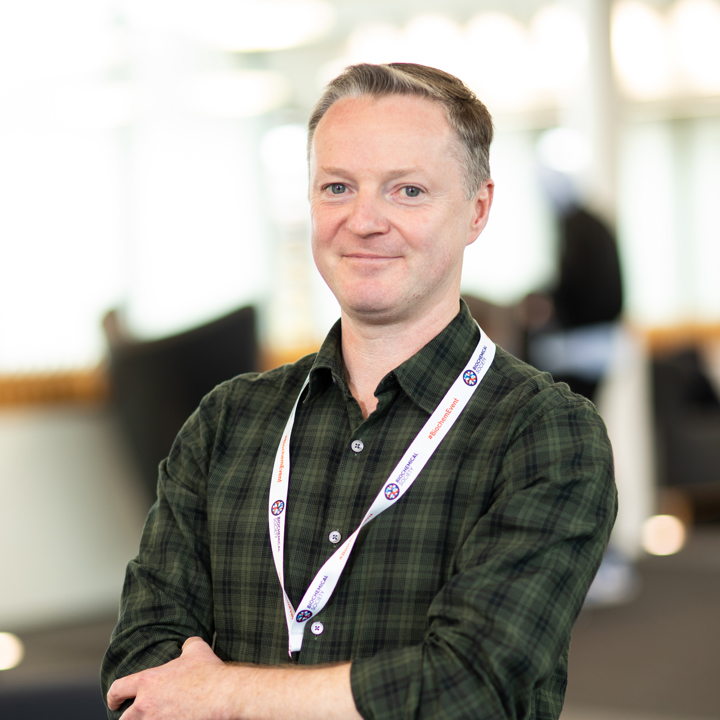
Nicholas' research aims to identify the causes of one of the greatest healthcare challenges facing global society: the obesity pandemic. He leverages population human genetics and preclinical models to identify and develop potential new therapeutic targets for “civilisation diseases” associated with obesity, such as type 2 diabetes that are further driven by our advancing population age. Nicholas works with government, charity, education/public engagement, and industry stakeholders.
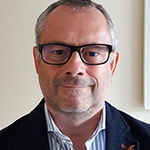
Dr Derry Mercer
Dr Derry Mercer
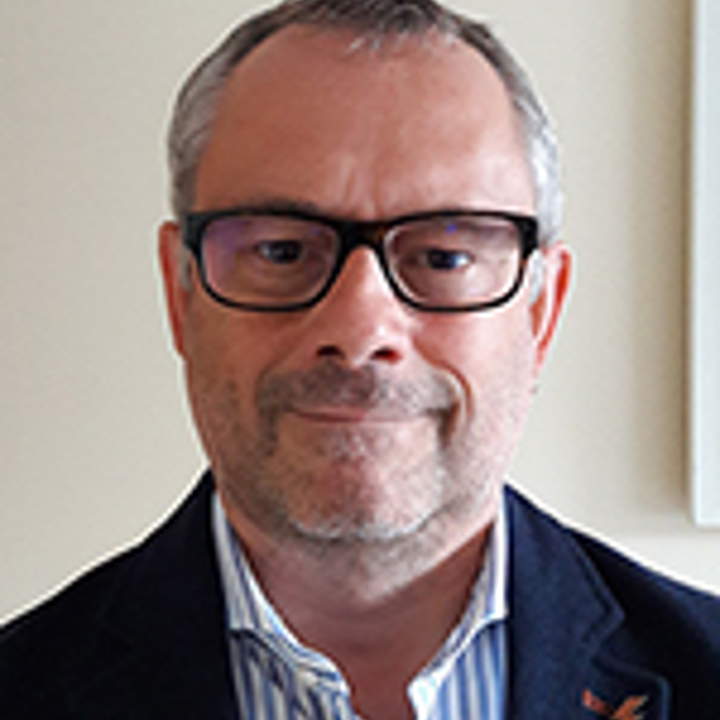
Derry is Antimicrobial Programme Head at BIOASTER (Lyon, France) and a visiting Professor at Robert Gordon University. He gained his degree and PhD in microbiology at the University of Liverpool, before working in academia for over a decade. More recently, he has been working in industry on the design and development of novel antimicrobials. Additionally, he has a keen interest in modulation of the role of the immune system in combatting infection and antimicrobial resistance.

Professor Nigel Hooper
Professor Nigel Hooper

Nigel received his Ph.D. in biochemistry at the University of Leeds in 1987. He was then awarded a Mr and Mrs John Jaffé Donation Research Fellowship from the Royal Society to work on the proteolysis and membrane anchorage of mammalian cell surface peptidases. In 1989 he was appointed as lecturer in the Department of Biochemistry at Leeds, followed by promotions to senior lecturer, reader and in 2001 to Professor of Biochemistry. He served as Director of the Institute of Molecular and Cellular Biology (2007-2011), Pro-Dean for Research (2011) and Dean (2012-2014) of the Faculty of Biological Sciences at the University of Leeds.
In 2014 he was appointed to the Chair in Cell Biology in the Institute of Brain, Behaviour and Mental Health, Faculty of Medical and Human Sciences at the University of Manchester. He has held roles as Vice Dean for Research and Innovation in the Faculty of Biology, Medicine and Health (2016-2020) and Director of Dementia Research for the University (2015-2020). Since 2020 he has been Associate Vice-President for Research
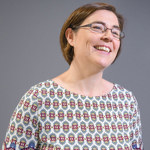
Dr Susan Campbell
Dr Susan Campbell
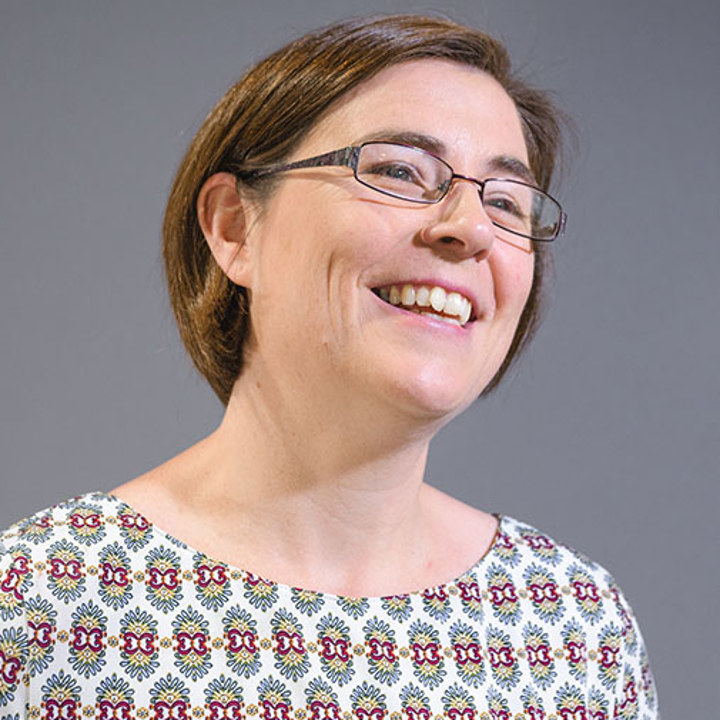
Susan was awarded her BA (Mod) in Microbiology from Trinity College Dublin, Ireland and continued her studies there to complete a PhD before moving to UMIST and then to The University of Manchester where she carried out her postdoctoral research on the impact of environmental stress on translation initiation in yeast. Susan was appointed Senior Lecturer at Sheffield Hallam in 2013 and then Associate Professor in 2023. Susan teaches a range of undergraduate and postgraduate modules across the Biosciences degree programmes. Susan’s research interests focus on understanding how cells regulation protein synthesis during stress and disease. She is a Fellow of the Higher Education Academy, and the Postgraduate Tutor for the Biomolecular Sciences Research Centre.

Dr Hannah Britt
Dr Hannah Britt
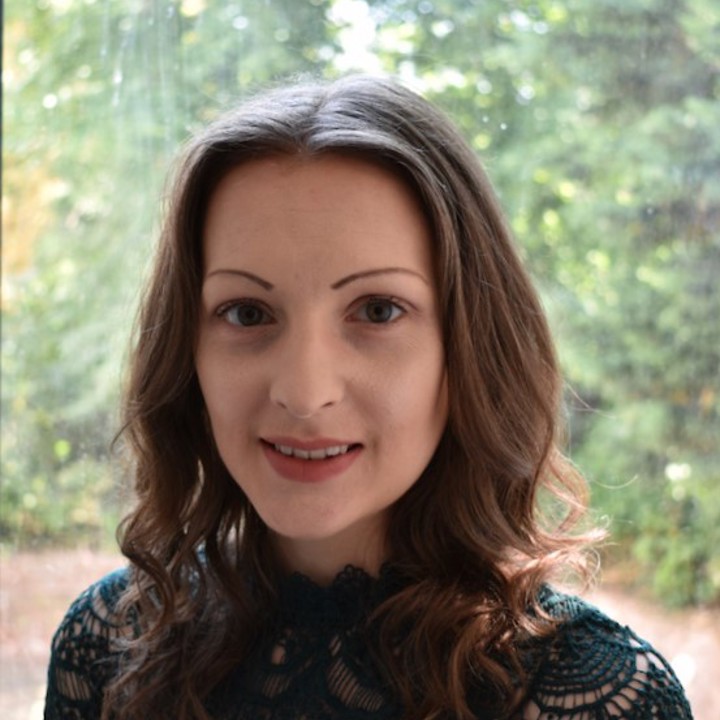
Hannah is a lecturer (assistant professor) in the School of Chemistry at the University of Leeds, and a member of the Astbury Centre for Structural Molecular Biology. Hannah teaches mass spectrometry and biological chemistry at undergraduate level, and her research group focusses on the development and application of structural mass spectrometry approaches to study dynamic disease mechanisms directly from human biofluids and tissues.
Hannah completed her PhD at Durham University where she worked on methods to study reactivity within the cell membrane. She then moved on to postdoctoral research with Professor Kostas Thalassinos (UCL) and Professor Dame Carol Robinson (Oxford), where she applied her mass spectrometry expertise to the exploration of protein behaviour at the cell membrane, with a particular focus on probing features of disease-related and glycosylated proteins within their native environment
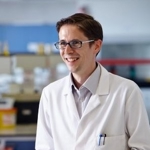
Professor David Smith
Professor David Smith
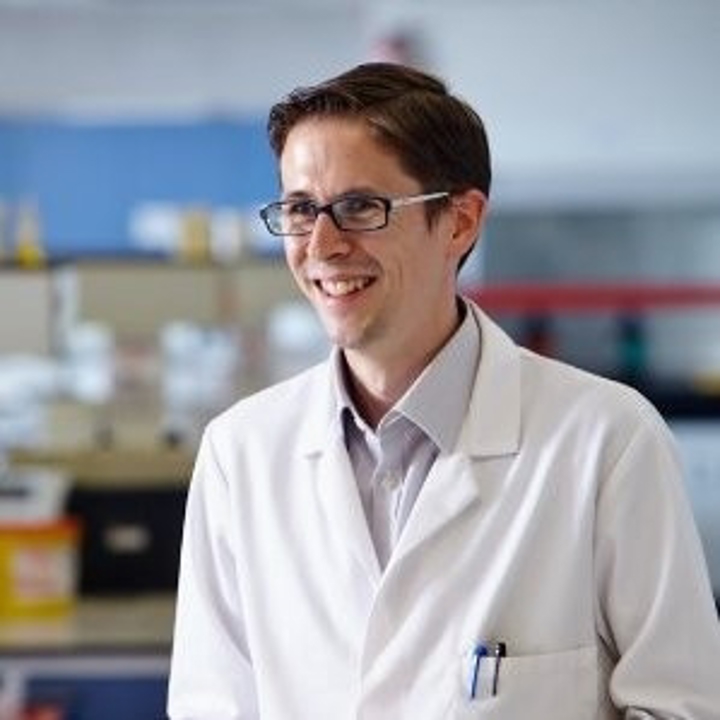
David Smith is a Professor of Bioscience Education at Sheffield Hallam University. He teaches fundamental biochemistry to undergraduate and postgraduate students and won the Royal Society of Biology HE Educator of the Year Award in 2019 for innovative teaching practices. He is a National Teaching Fellow and a Principal Fellow of the Higher Education Academy. David collaborates with others to develop and disseminate teaching practices within his university and across the sector in learning, teaching, and assessment groups. The current focus of his work is on the use of generative AI and technology-enhanced learning methods in the classroom and laboratory.
David also conducts biomolecular research that combines protein chemistry, cell culture, and mass spectrometry to study the molecular basis of Parkinson's disease and cancer spheroid models. His studies are centered on developing 3D cell culture models and investigating these through proteomics, metabolomics, and imaging technologies.
